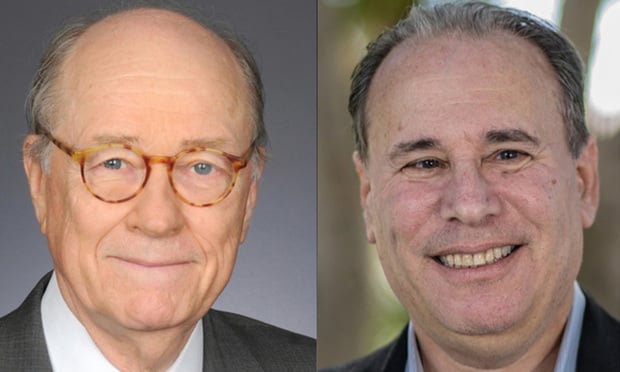On more than one occasion, we heard the late Professor Hans Smit tell the following story. He was sitting as arbitrator in an international arbitration case being administered by one of the prominent arbitral institutions (which need not be identified for purposes of this column). He had written his award but, because there were certain complexities in the case, he thought it would be a good idea to send the award to the parties in draft form and give them the opportunity to let him know if they believed there were any errors. He asked the institution if he could do so and was told he could not. He did it anyway. In today’s column, we take a closer look at the idea of distributing draft awards.
We start with the obvious question: Why should arbitrators want to distribute drafts of their awards? The simple answer is because they are human. And, humans make mistakes. Or, as Sir John Donaldson (former Master of the Rolls) was quoted in the case discussed below, “[M]istakes will occur even in the practices of the best of arbitrators.” In the court system, there are mechanisms for correcting mistakes. Motions for reconsideration give a judge an opportunity to correct her own errors. If that does not work, there is an entire appellate apparatus in place to correct for errors made by a first-instance judge.


 Lawrence W. Newman and David Zaslowsky
Lawrence W. Newman and David Zaslowsky




